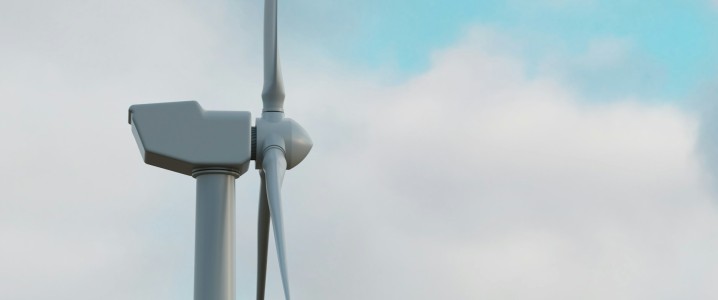Mars Invests Billions in European Renewable Energy
Mars Inc. announced Tuesday that its ten Mars Snacking factories across Europe are now operating entirely on renewable energy sources. The move is a significant step in the company’s broader sustainability and decarbonization efforts, which aim for net-zero emissions by 2050.
The shift to renewable power follows a decade of investments in the company’s European manufacturing facilities. According to the company, these investments include over $1.6 billion (€1.5 billion) spent over the past five years. The company’s strategy involved both direct investments in energy reduction and conversion, as well as the purchase of Guarantees of Origin (GO) certificates to cover remaining electricity and natural gas consumption.
The ten factories are located in the Czech Republic, France, Germany, the Netherlands, Poland, and the United Kingdom. These facilities collectively produce approximately 900,000 metric tons of popular confectionery brands annually, including SNICKERS, TWIX, and M&M’S. Around 85% of this production is distributed for consumption within the European region.
This transition comes amid a wider push across the food and beverage industry to reduce its carbon footprint and address consumer demand for more sustainable practices. Many companies are facing pressure from investors and regulators to align their operations with global climate goals. The sourcing of renewable energy, either through direct investment in projects like wind farms or through the purchase of energy certificates, has become a common strategy for corporations to lower their operational emissions.
“At Mars, we believe that the world we want tomorrow starts with how we do business today,” said Marc Carena, Regional President for Mars Wrigley. “Therefore, we measure our success not only by financial results, but also by the positive impact we have on people, the planet, and society. Sustainability makes good business sense and is at the heart of our strategy.”
The company stated that this development is a key part of its global strategy to achieve its net-zero target by 2050. Mars plans to invest an additional $1.1 billion (€1 billion) in its European manufacturing operations by the end of 2026. This investment is aimed at supporting innovation, economic growth, and the development of modern, energy-efficient infrastructure.
By Michael Kern for Oilprice.com
More Company News From Oilprice.com


